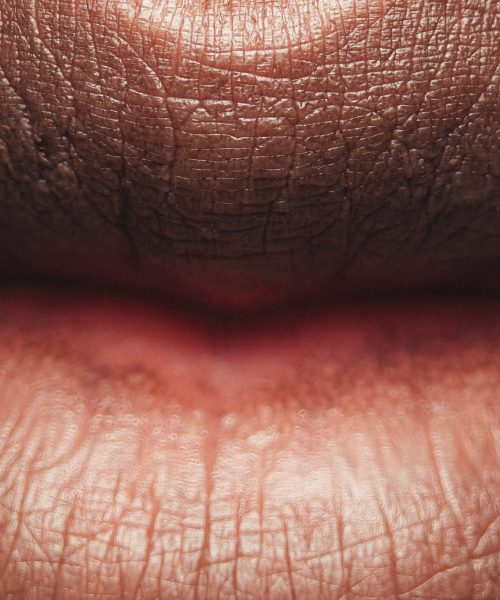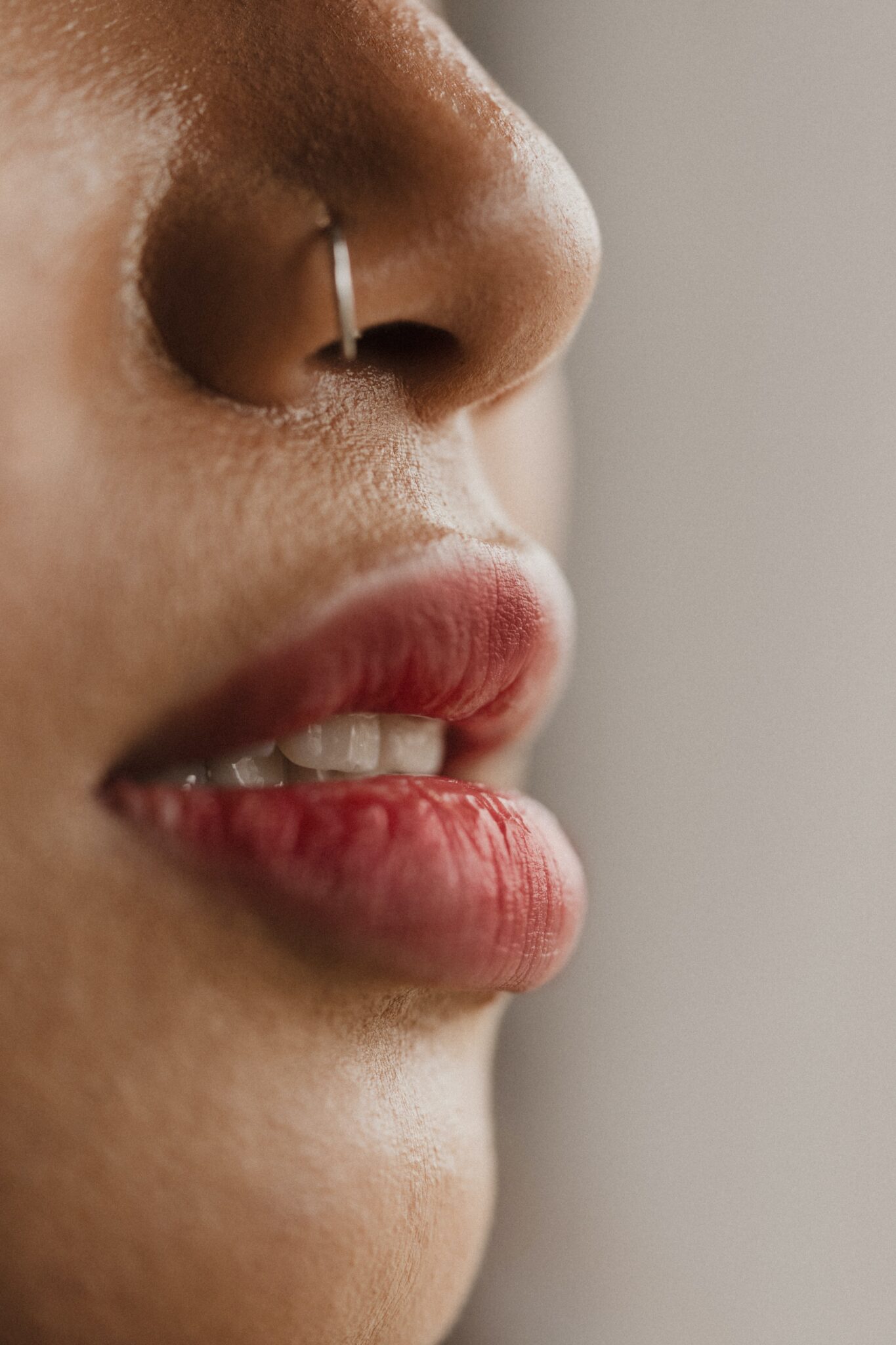
Reviewed by:
Nicole A. McCarthy, MD MSc

Reviewed by:
Nicole A. McCarthy, MD MSc

Dry Mouth
By: Narda
October 21. 2021
Xerostomia, or dry mouth syndrome, occurs when the salivary glands don’t make enough saliva to keep your mouth moist. It could be temporary or a chronic problem.
Dry mouth syndrome is disagreeable, can and will have a negative effect on our health.
When the dryness is extreme, it is disturbing and painful and, in some severe cases, conducive to malnutrition because it can be painful and hampers our enjoyment of food. It is estimated that more than one in ten individuals suffer intense mouth dryness.
Saliva is an important component of our health and our body processes; it is approximately 99 percent water with one percent lubricants that help us talk, chew and swallow; its enzymes are important for good digestion and enhance food flavors. It also prevents tooth decay and gum disease, limits the growth of bacteria, and neutralizes the acids it produces, clearing our mouth of those food fragments that might get caught in the mouth and teeth.
A healthy adult will produce about three pints of saliva per day. Insufficient amounts of saliva will cause irritation on the soft tissues of the mouth making it more susceptible to infection, your throat will get sored and hoarse and your nasal passages may become dry.
If you suspect your medication is responsible for your dry mouth, please do not stop taking it until you have consulted with your physician.
Among its causes, we find:
- Some medications
- Aging
- Radiation or chemotherapy for cancer
- Nerve damage
- Diabetes
- Stroke
- Yeast infections
- Dehydration
- Acid reflux
Causes, Cont.
- Depression
- Anxiety
- Snoring
- Stress
- Hormonal changes
- Respiratory problems
- Sjogren’s syndrome, an immune system disorder that causes dry eyes and mouth
- Tobacco and/or alcohol use
- Recreational drugs such as methamphetamine or marijuana
Symptoms:
- Sensitive, burning tongue
- Dry or sticky mouth
- Thick and stringy saliva
- Bad breath
- Difficulty chewing, speaking or swallowing
Symptoms, Cont.
- Dry or sore throat
- Hoarseness
- Dry or grooved tongue
- Altered taste
- Problems wearing dentures
Complications:
- Cracked lips
- Split skin at corners of mouth
- Altered taste
- Mouth sores
- Thrush – mouth yeast infections
- Increased plaque, tooth decay and gum disease
- Malnutrition
- Difficulty swallowing and inadequate food absorption in the GI tract

What to do:
- Ginseng: It has been found helpful to increase moisture in some cases.
- Fennel Seeds: Eat about ½ teaspoon of fennel seeds after each meal. Rich in flavonoids, these seeds help produce saliva and refresh your breath keeping your mouth clean.
- Coconut oil pulling: Coconut oil is widely used for many reasons and conditions. But in this case, not only will help hydrate your mouth, but it will also kill bacteria that cause bad breath and could potentially whiten your teeth. It is a win-win remedy.
- Dr. Yeung mouthwash: Blend 1 cup of warm water with 1/4 teaspoon baking soda and 1/8 teaspoon salt. Swish in your mouth for a few seconds, then rinse out with water. Repeat every three hours. From: https://www.mskcc.org/news/five-natural-remedies-dry-mouth-xerostomia
- Cayenne pepper: some individuals like to apply a bit of cayenne pepper directly onto the tongue as it triggers saliva production. Another way is to add it to your dishes, a bit on each: Soups, salad dressings, rice, pasta, everything! Cayenne pepper will not only stimulate saliva production and taste buds, but it is also recommended to treat many other conditions that are too numerous to mention here, as cayenne pepper deserves an article all to itself.
- Cardamom: So good, so tasty, so exotic! Chewing on cardamom will increase moisture in your mouth, will eliminate bad breath and keep your mouth fresh. Chewing on cardamom after each meal is a good practice even if you do not suffer from dry mouth syndrome. Adding it to your coffee will enhance its flavor, while adding it to your tea is comforting.
What to do:
- Aloe Vera gel: It has been known to help people with dry mouth. Whether applying the gel with a cotton swab or rinsing your mouth with Aloe Vera juice. Although a great remedy for many maladies and also deserving of an article all to itself, keep in mind it is dreadfully bitter.
- Lime: Its freshly squeezed juice stimulates the glands to produce more saliva. It will also keep your mouth fresh. Add the juice of one lime to a liter of water and drink during the day. Cutting it in small pieces adding salt to chew on them will be a great way to stimulate your salivary glands. Try adding it to a cup of tea, a bowl of soup and substitute salad dressings by a combination of salt, pepper, olive oil and lime juice, not only will prove to be quite tasty, it will help your overall health.
Ginger: Chewing on a piece of fresh ginger is also good if you don’t mind its spicy, slightly bitter taste. Adding it to your tea and soups will be of overall benefit. There is also the sweet, dehydrated ginger sold in stores, delicious! - Sugared chewing gum and hard candy: Favor the citrus flavored ones that stimulate saliva flow but keep in mind that the xylitol in them when consumed in great amounts could cause diarrhea. Make a point of brushing your teeth or at least rinse your mouth with water after eating candy to prevent caries.
- Fluoride: Mouth products with fluoride might help.
Extra tips
- If your lipstick sticks to your teeth frequently, it’s time to consider dry mouth syndrome
- Sip on water often and during meals
- Use a humidifier
- Suck on ice chips throughout the day
- Breathe through your nose, not your mouth
- If you snore, consult your physician
- Moisturize your lips constantly with petroleum Vaseline or cocoa butter
- Keep a glass of water nearby and sip constantly
- Do not use mouthwash with alcohol or peroxide as one of its ingredients
- Visit your dentist at least every six months
- Keep a log of medicaments and symptoms to share with your physician
- Include butter, sauces, or broths in your meals
- Avoid sugared drinks
- Avoid carbonated drinks
- Avoid drinks with caffeine because they can dry out the mouth
- Avoid spicy or salty foods that could cause pain in a dry mouth
- Avoid tobacco in all its forms
- Avoid alcohol, it dehydrates
Share your results with us on Instagram



Photography by: Brad Helmink, Damir Spnic, Malik Skydsgaard, Monica Grabkowska @ Unsplash
